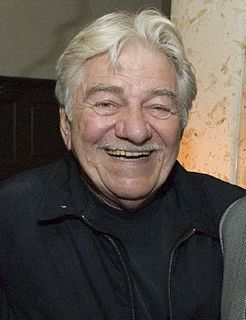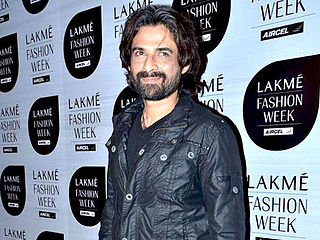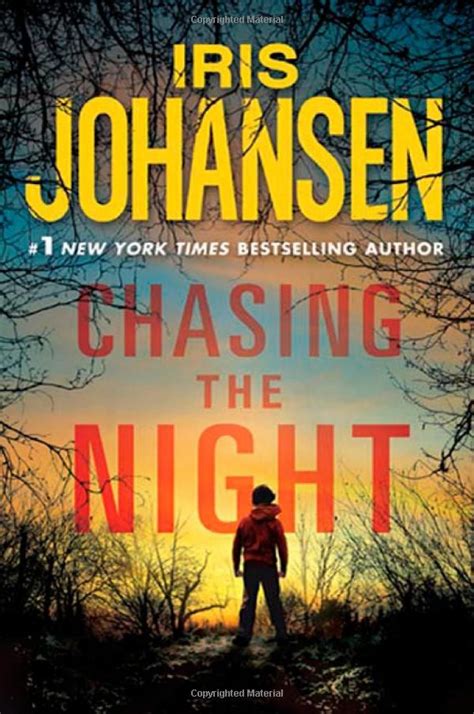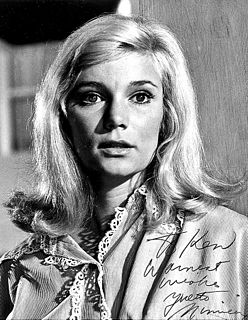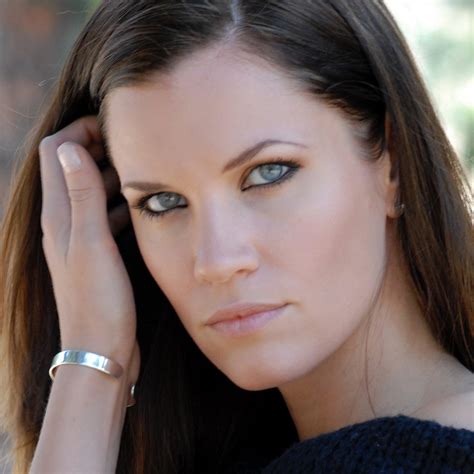A Quote by J. Michael Straczynski
Budget grows out of the story. If you're writing a story with people caught in an elevator for most of the film, you're pretty sure it won't be a $200 million movie.
Related Quotes
Yeah, it's an origin story. But you very quickly get into the origin and then it's off to the races. It is an origin story, certainly, but it's not like the movie ends and somebody stretches. It happens pretty quickly and I'm not sure how much I'm allowed to say about it, but I think when people see that first hint, they'll be pretty excited about it.
I don't know what the misconceptions are, but I approach a small budget, artsy, independent movie in the same way as a big budget, commercial Hollywood movie. I don't get into those [details]. I have to get into my character and I concentrate on that, on the story, on researching, and on certain training if I have to be prepared physically. I think that's the most important thing.
Essentially, the scripts are not that different. Let's say, in literary terms, it's the difference between writing horizontally and writing vertically. In live television, you wrote much more vertically. You had to probe people because you didn't have money or sets or any of the physical dimensions that film will allow you. So you generally probed people a little bit more. Film writing is much more horizontal. You can insert anything you want: meadows, battlefields, the Taj Mahal, a cast of thousands. But essentially, writing a story is writing a story.
Animation story boarding works differently than live action story boarding. The story crew along with a writer really does shape and create the film - the world and it's characters. We meet almost every day and brainstorm the plot of the film. It's a highly collaborative process - and we continue to improve the story until we literally run out of time.


